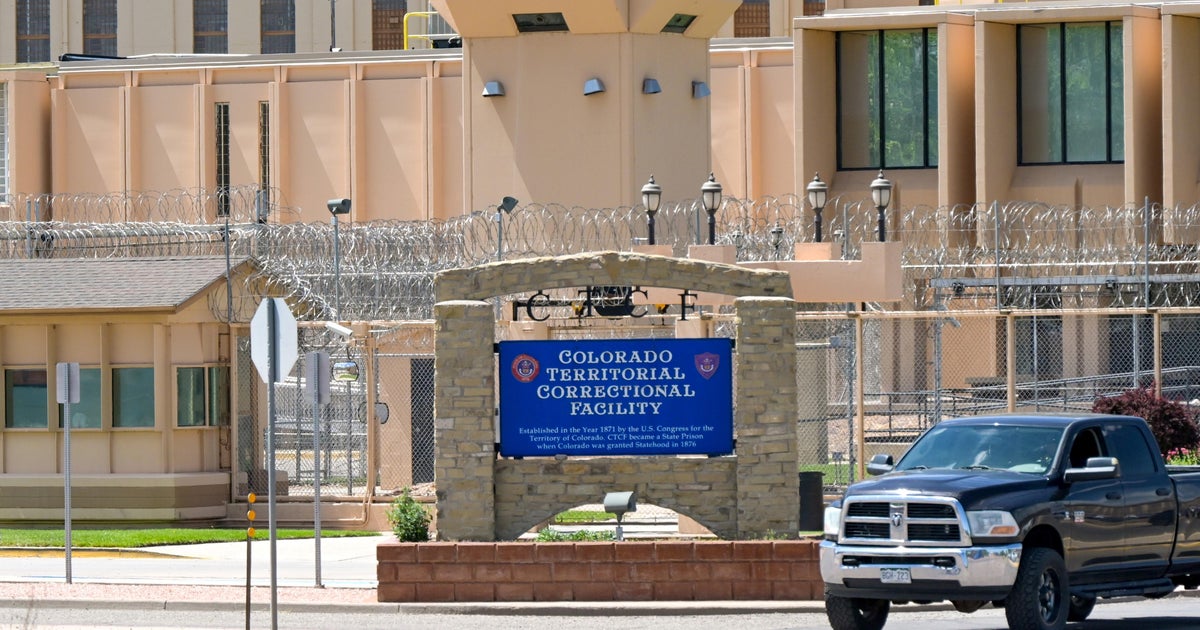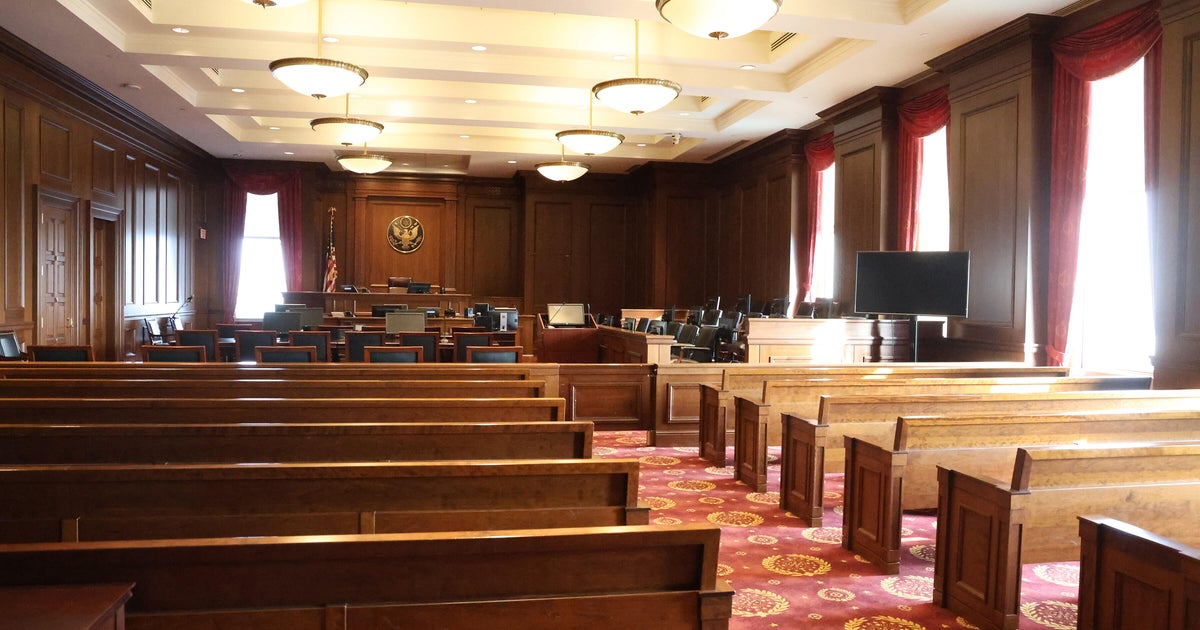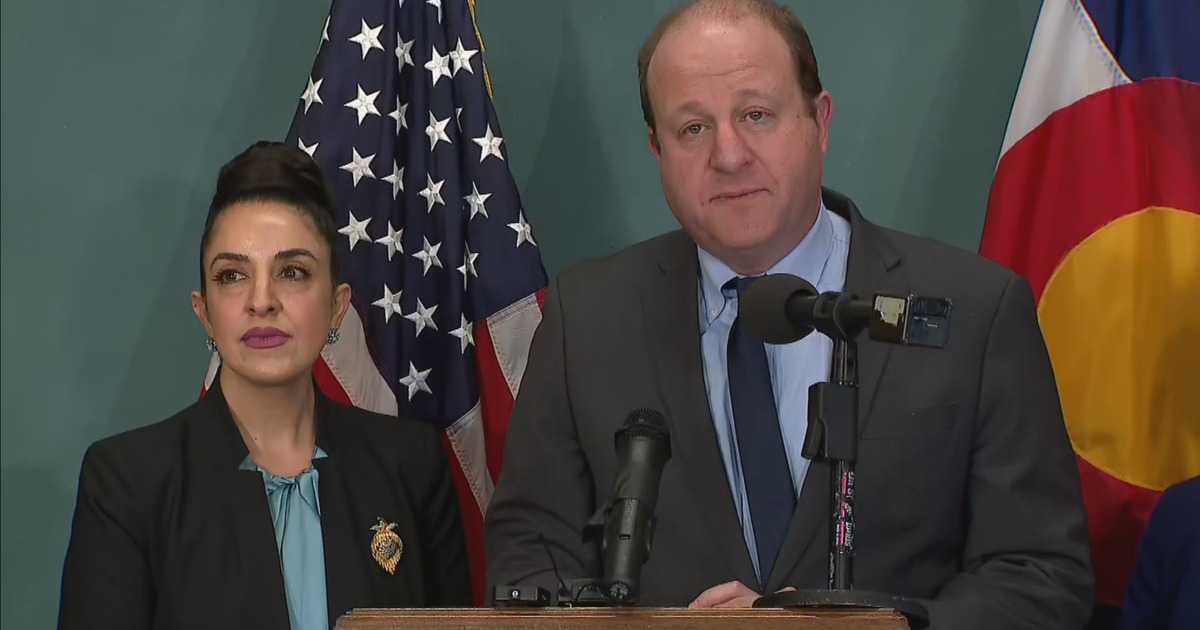No-Fly-List Challenge Back In Virginia Court
ALEXANDRIA, Va. (AP) -- It's been 2 1/2 years since Gulet Mohamed, then 19, found himself stuck in Kuwait, unable to return to the United States because of his apparent placement on the government's no-fly list.
Mohamed made it back to the U.S. not long after a federal lawsuit was filed on his behalf in January 2011, but the lawsuit challenging his placement on the list remains unresolved.
On Friday, Mohamed was back in a northern Virginia courtroom, where his lawsuit has been revived but as a legal matter is no further along than it was in 2011.
"It's frustrating, It's a long process. You need a lot of patience," Mohamed, 21, of Alexandria, said after Friday's brief hearing, where lawyers on both sides agreed on a further schedule of hearings and briefs.
U.S. District Court Judge Anthony Trenga dismissed Mohamed's case last year, deciding he did not have jurisdiction to hear it. Earlier this year, the 4th U.S. Circuit Court of Appeals reinstated the lawsuit and sent the case back to Trenga.
Mohamed's lawyer, Gadeir Abbas of the Council on American-Islamic Relations, said the court should now be in a position to rule on the substantive issue of whether the no-fly list is constitutional, and whether those placed on it must be given a fair chance to challenge their inclusion.
In court papers, government lawyers said they will seek to dismiss the lawsuit again on technical grounds, such as whether Mohamed exhausted his administrative remedies and whether the lawsuit is now moot because Mohamed is no longer stuck in Kuwait.
As a practical matter, Mohamed said he is certain that he is still on the no-fly list, and his status causes him ongoing hardship. He cannot make a pilgrimage to Mecca, as his religion requires, and he cannot visit relatives in Canada.
Abbas said the no-fly list is ineffective in combatting terrorism, and that evidence suggests that the government is reluctant to put the names of true terrorists on the list because that requires disseminating their names to airports and airlines around the world. Instead, he alleged, people are placed on the list as a form of extrajudicial punishment to retaliate against people who refuse to be informants in the Muslim community or who fall under some vague suspicion from authorities.
There has never been any explanation of how Mohamed -- a naturalized U.S. citizen born in Somalia -- ended up on the list, much less government confirmation of his placement on the list. His travel difficulties began after he traveled to Yemen and Somalia in 2009 to learn Arabic, then to Kuwait where he stayed with an uncle. He said he was questioned by FBI agents who wanted him to become an informant, and when detained by Kuwait he was beaten and tortured.
Mohamed's challenge to the list was among the first in a wave of lawsuits that followed a dramatic expansion of the list that occurred after the failed plot by Umar Farouk Abdulmutallab to blow up a Detroit-bound flight on Christmas 2009 with a bomb hidden in his underwear. Government officials have said that about 20,000 people, including 500 to 600 Americans, are now estimated to be on the no-fly list.
In Portland, the American Civil Liberties Union filed a suit challenging the no-fly list on behalf of 13 people, including four military veterans, who were placed on the list. The ACLU suit was tossed out by a district court judge who said she didn't have jurisdiction over the Transportation Security Administration but reinstated by an appeals court. ACLU attorney Nusrat Choudhury said the judge in that case has heard arguments, and Choudhury is "cautiously optimistic" of a favorable ruling.
The no-fly list, a well-protected government secret, decides who may fly from U.S. airports. It is also, according to testimony in the Portland case, shared with operators of passenger ships as well as 22 other countries.
The FBI has said the list requires secrecy to protect sensitive investigations and to avoid giving terrorists clues for avoiding detection. Government attorneys in that case have noted that people on the list have alternatives to air travel, but the judge in the case appeared to take a dim view last June of the government's argument that air travel isn't a fundamental right to U.S. citizens on the list.
(Copyright 2013 by The Associated Press. All Rights Reserved.)







